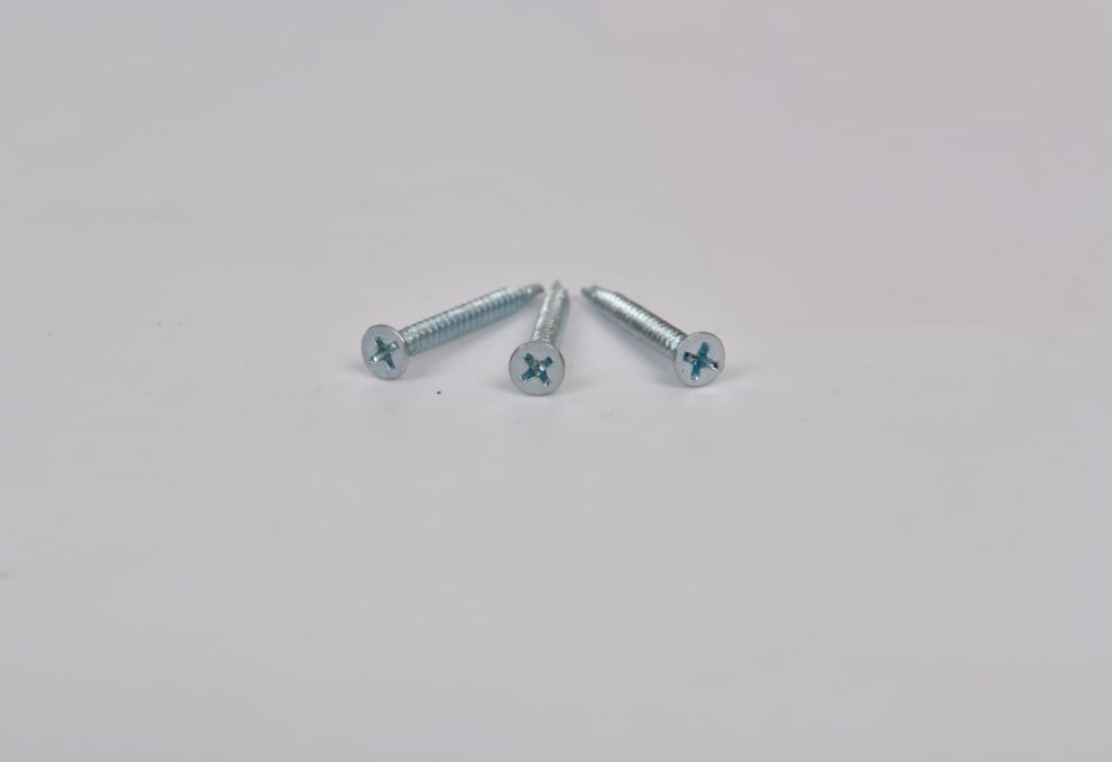Exploring the Benefits and Applications of Self-Tapping Screws for Steel Structures in Wholesale Markets
Understanding Wholesale Self-Tapping Screws for Steel Applications
In the fast-paced world of construction and manufacturing, the need for efficient and reliable fastening solutions has never been more crucial. One such solution that has gained considerable popularity is the self-tapping screw, particularly when it comes to working with steel. This article explores the benefits, applications, and considerations associated with wholesale self-tapping screws into steel.
What Are Self-Tapping Screws?
Self-tapping screws are fasteners that can create their own thread in the material they are being driven into, eliminating the need for pre-drilling or a separate tapping operation. This is particularly advantageous when working with metal, as it allows for quicker installation and enhanced efficiency on job sites. Typically made from hardened steel or other robust materials, self-tapping screws are designed to handle the demanding conditions often associated with metal fabrication and construction.
Advantages of Self-Tapping Screws for Steel
1. Time Efficiency One of the main benefits of using self-tapping screws is the reduction in installation time. Because they create their own threads, they can be quickly driven into steel without the need for additional tools or processes. This is especially valuable in high-volume applications where speed is essential.
2. Cost-Effectiveness Purchasing self-tapping screws in bulk or wholesale can lead to significant cost savings. Contractors and manufacturers can take advantage of wholesale pricing to secure high-quality fasteners at lower rates. This can be particularly beneficial for large projects where numerous screws are required.
3. Versatility Self-tapping screws can be used in various steel applications, ranging from sheet metal work to structural steel installations. They are suitable for use in both indoor and outdoor environments, making them a versatile choice for different projects.
wholesale self tapping screw into steel

4. Strong Holding Power When correctly installed, self-tapping screws provide a high level of holding power. This is crucial for maintaining structural integrity in metal constructions, ensuring that components remain securely fastened under stress and strain.
5. Corrosion Resistance Many self-tapping screws are available with protective coatings, such as zinc plating or other finishes, which offer resistance against corrosion. This is particularly important for outdoor applications or in environments where exposure to moisture and other corrosive elements is likely.
Considerations When Using Self-Tapping Screws
While self-tapping screws offer numerous advantages, there are also important considerations to keep in mind. Proper selection of screw type, size, and coating is essential to ensure optimal performance. For instance, different types of self-tapping screws are designed for specific thicknesses of steel. Utilizing the incorrect size can lead to inadequate fastening and compromised structural integrity.
Additionally, the installation technique is critical. It’s important to apply the appropriate torque to avoid stripping the screw or damaging the surrounding material. Using an electric or pneumatic screwdriver with adjustable torque settings can facilitate proper installation.
Conclusion
Wholesale self-tapping screws are an excellent choice for anyone working with steel. Their ability to create threads on their own streamlines the fastening process, enhances efficiency, and reduces costs. With their strong holding power and versatility across various applications, they have become indispensable tools in the arsenal of contractors and manufacturers alike. By understanding the benefits and considerations associated with these fasteners, professionals can ensure they are making informed decisions that will contribute to the success of their projects. Whether for a small renovation or a large-scale construction job, self-tapping screws provide a reliable and efficient fastening solution.
-
Top Choices for Plasterboard FixingNewsDec.26,2024
-
The Versatility of Specialty WashersNewsDec.26,2024
-
Secure Your ProjectsNewsDec.26,2024
-
Essential Screws for Chipboard Flooring ProjectsNewsDec.26,2024
-
Choosing the Right Drywall ScrewsNewsDec.26,2024
-
Black Phosphate Screws for Superior PerformanceNewsDec.26,2024
-
The Versatile Choice of Nylon Flat Washers for Your NeedsNewsDec.18,2024










